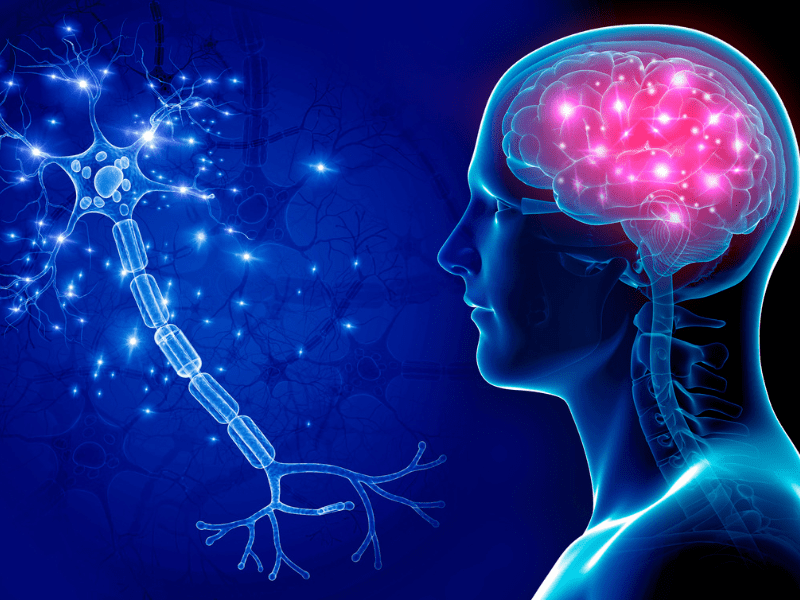Hearing Loss and Cognitive Decline

Hearing loss and cognitive decline: A closer look at the potential link
As we age, concerns about our overall health and wellbeing become increasingly important. In recent years, researchers have been investigating the potential connection between hearing loss and cognitive decline. Are you curious about how these two issues could be related? In this article, we will delve into the latest findings from studies exploring this fascinating link.
Numerous studies have revealed a strong correlation between hearing loss and cognitive decline. The implications of this connection are staggering, as it suggests that difficulties in hearing could potentially impact brain function as well. Understanding the underlying mechanisms and exploring preventive measures is crucial for preserving our mental acuity and overall quality of life.
In this comprehensive article, we will analyze the most recent research on hearing loss and cognitive decline. From the impact on brain health to practical steps you can take to protect yourself against both issues, we aim to provide you with valuable insights and guidance.
We believe that knowledge is power, and by staying informed about the potential link between hearing loss and cognitive decline, you can take proactive steps to protect yourself and enhance your wellbeing. So if you want to stay sharp in mind and body as you age, keep reading!


How they're connected.
There is mounting evidence suggesting a connection between hearing loss and cognitive decline. A recent study revealed that individuals with hearing loss are more prone to experiencing cognitive decline compared to those without hearing loss. This association persists even in cases of mild or moderate hearing loss. Multiple explanations exist to account for the link between hearing loss and cognitive decline. One theory proposes that hearing loss leads to social isolation, a factor associated with cognitive decline. Another possibility is that the brain regions responsible for processing sound also play a role in other cognitive functions. Consequently, when these regions are damaged or under-stimulated due to hearing loss, cognitive problems may arise. Regardless of the underlying cause, it is evident that addressing hearing loss is crucial to uphold cognitive health in older adults. If you or someone you know is experiencing hearing loss, it is important to consult a doctor regarding potential treatment options.


The benefits of hearing aids.
Several studies have linked hearing loss to cognitive decline. However, wearing hearing aids has been proven to enhance mental acuity in individuals with hearing loss. One study, published in the Journal of Gerontology, discovered that older adults who used hearing aids exhibited better cognitive function compared to those who didn't. The participants underwent tests that evaluated memory, executive function, and processing speed. The results demonstrated superior performance across all measures for those utilizing hearing aids. Another study, featured in the journal Frontiers in Aging Neuroscience, revealed that wearing hearing aids can mitigate the impact of age-related hearing loss on cognitive function. The research involved older adults with mild to moderate age-related hearing loss. Those who wore hearing aids for six months exhibited improvements in working memory and executive function, as opposed to non-users. These findings indicate that wearing hearing aids can effectively enhance mental acuity in individuals with hearing loss. If you are worried about your cognitive function, consult with your doctor to determine if wearing a hearing aid is suitable for you.


The importance of hearing tests.
As we get older, hearing loss tends to be a common issue that not only affects our ability to hear but also has a notable impact on our cognitive wellbeing. According to a recent study, individuals with hearing loss are at a higher risk of experiencing cognitive decline compared to those with normal hearing. Furthermore, the severity of the hearing loss appears to increase the risk as well. The authors of the study propose that the decline in cognitive health may be attributed to the impact of hearing loss on our information processing and social interactions. Trouble in following conversations, stemming from hearing loss, can lead to feelings of social isolation and loneliness, eventually contributing to depression and anxiety, both of which are associated with cognitive decline. Although the exact connection between hearing loss and cognitive decline is still being investigated, the study's authors emphasize the significance of recognizing the potential risks for individuals with hearing loss and taking proactive measures to safeguard their cognitive health. This includes regular hearing tests and the adoption of hearing aids or other assistive devices when needed.
